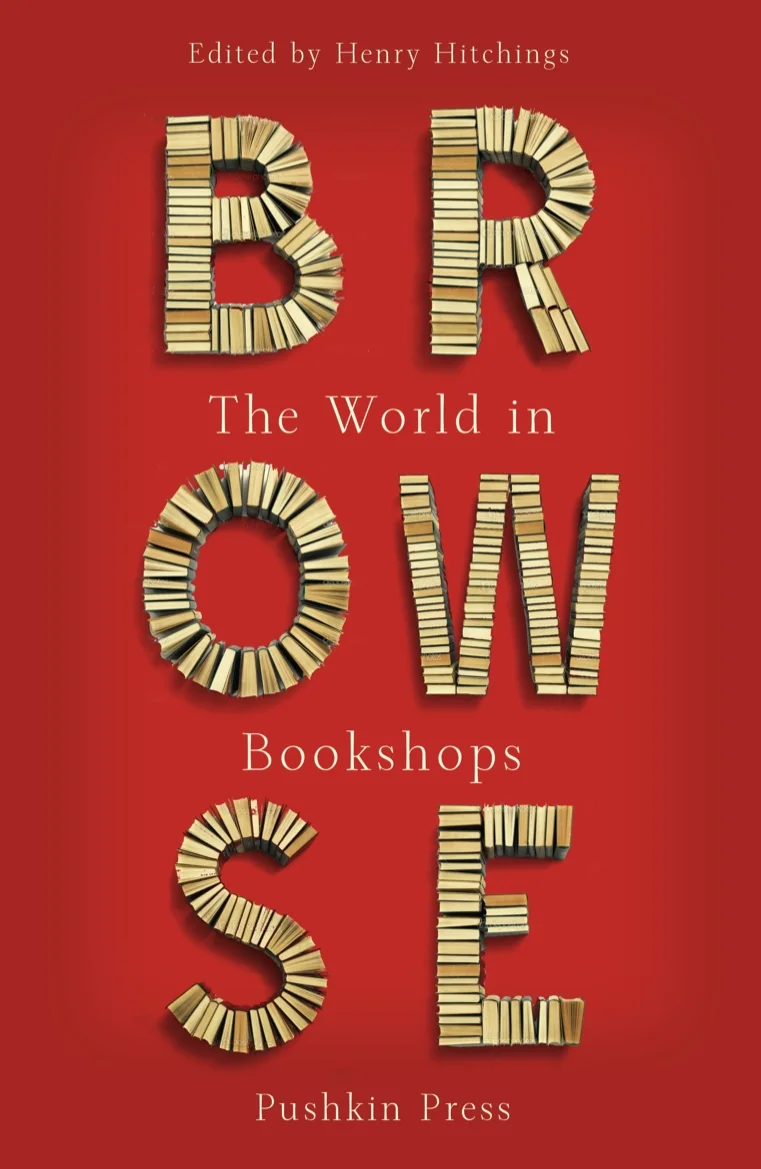It is appropriate that I first saw a copy of Browse: The World in Bookshops in a brick-and-mortar bookshop as opposed to a retail dot com like Amazon. I have always loved bookshops. When I was old enough to leave the house on my own and possessed the means to locomote, I would pedal my bicycle to my local Bookstar and sit in the science fiction section, my saucer-wide eyes gazing up at names I would soon grow to love and respect: Bradbury, Gibson, Heinlein, Robinson. I was not yet old enough to have a job and thus did not have spending money so I just looked at these books and strategized which one I would buy first. I do not recall which one I had decided would be my first purchase and I doubt the one I had decided I wanted first ended up being the first book I bought with my own money. Those memories are inconsequential. The important memories are the ones of the bookshop itself. I ended up working at that bookshop during my university years and never tired of seeing kids walk into the shop, sit on the floor in the science fiction section for an hour, and then leave without buying anything. Those kids were me less than a decade earlier and I suspect a couple of those kids, or kids like them, replaced me when I stopped working at the bookshop.
Browse: The World in Bookshops is a collection of essays by sixteen different writers from around the world. I enjoyed all of the essays selected by editor Henry Hitchings with the exception of one piece that read like the script for a commercial. Some of the memories shared by the writers are happy, others are melancholy, and one is shocking and offensive (can you imagine the proprietor of a bookshop treating someone that way?), but all provide a wonderful view of the effect various international bookshops had on the writers who visited them. I am grateful to these writers for transporting me to their home bookshops of Egypt, Nairobi, and Colombia.
Each individual essay is short enough to be read in a single sitting if that is how you prefer to consume such content. As I have stated several times before, I am a slow reader but even I was able to complete this book in four sittings over the course of five days. I mention this only for those of you who, like me, are short on time and long on TBR.
To this day, when I visit a new city, I try to find a local bookshop. I am not always successful as the convenience of online shopping has had the same terrible effect on small bookshops all over the world, but my experiences in places like The Last Bookstore in Los Angeles, California or Shakespeare and Company in Paris, France (pictured left) are treasured memories. Visiting physical bookshops is important, I think. Libraries, too, though I must shamefully admit that I have paid little attention to my city's library branch. These places are not just about stacks of bound paper with words printed on them. I feel pretentious saying bookshops and libraries conjure fantasies of scholarly discussions, heated but respectful exchanges of conflicting ideas--such events do not seem to happen in bookshops today like they used to, or at least like the books I read claim used to happen--but that is how I feel when I enter a bookshop. Hallowed halls and whatnot. As convenient as online shopping is, I will always prefer spending a couple of hours browsing in person, papercuts and all.



